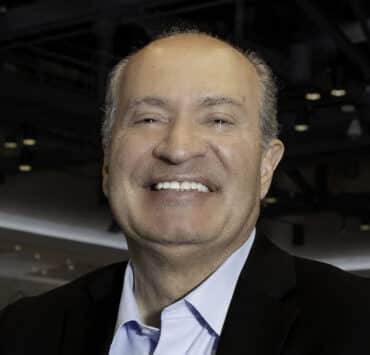|
Getting your Trinity Audio player ready...
|
For Paul Blackburn, the natural world—specifically, its present state—is key to both his career and his life.
“As my career has progressed, context becomes more and more important to understanding what’s beautiful, what’s desirable, and what is essential,” the vice president of retail development at L’Occitane says. “For me, nature is an incredible source of inspiration. Right now, it’s nature’s need that is the inspiration.”
L’Occitane has long been at the forefront of sustainability. The company’s energy usage is already 95 percent renewable, and they are expected to become a certified B Corporation[MC1] in 2023.
Blackburn, nicknamed “the Professor” by his colleagues due to his love of getting deep into the details, has accomplished a great deal since ABQ spoke with him in 2017. The previous year, L’Occitane had opened a location in the heart of Disney World. That project was two promotions and a handful of awards ago.
“As my career has progressed, context becomes more and more important to understanding what’s beautiful, what’s desirable, and what is essential.”
Paul Blackburn
In 2017 L’Occitane reimagined its store at Yorkdale Shopping Centre in Toronto, which Blackburn calls “the crown jewel of our Canadian portfolio.” The “multi-sensory journey” takes inspiration from the lavender fields and culture of Provence.
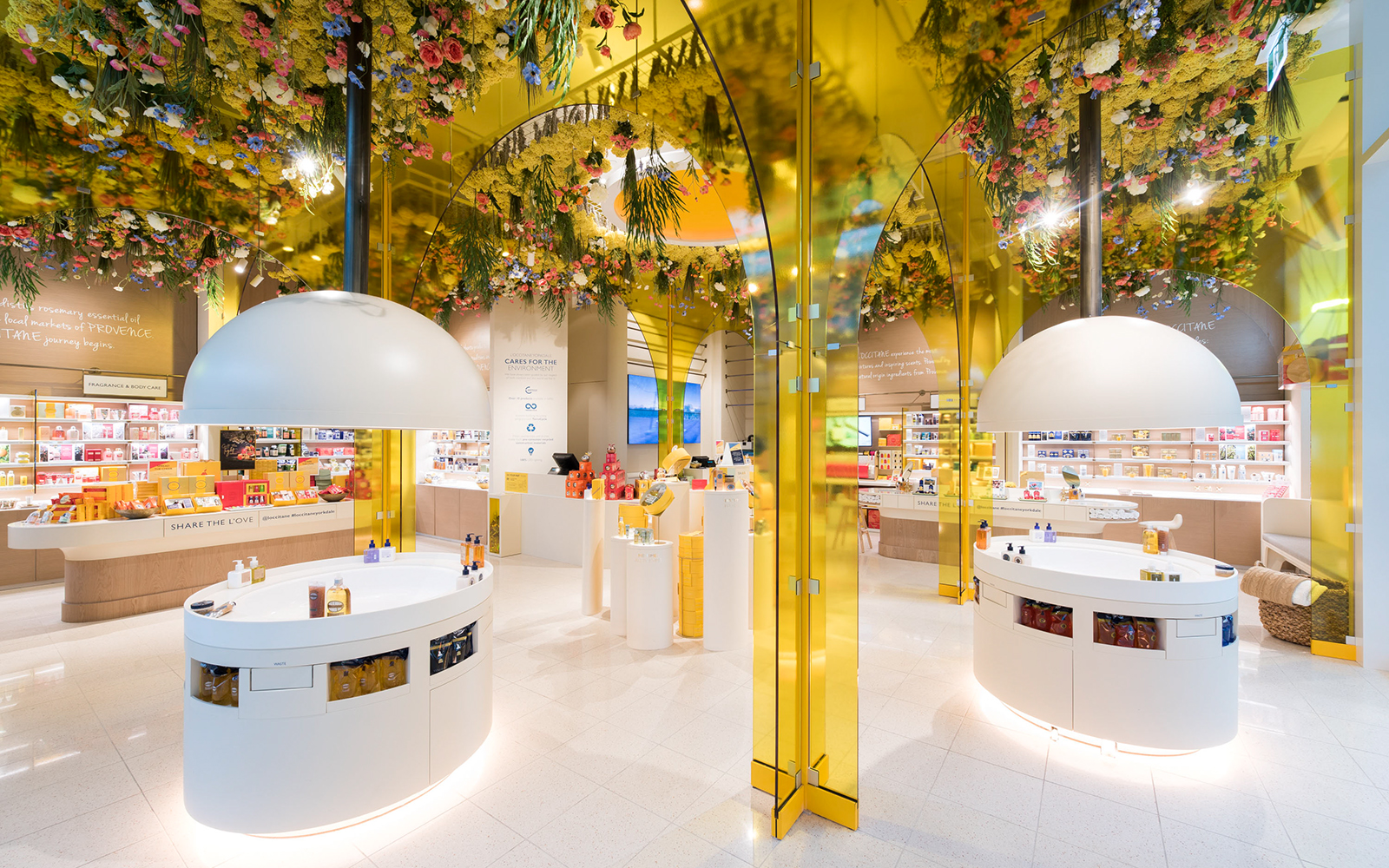
Blackburn himself walked in those lavender fields, an experience he still recalls with clarity nine years later. The design won a Spectrum “Specialty Softlines” award and was also a finalist for the World Retail Awards “Best Customer Experience Initiative” and “Outstanding Store Design.”
The success was followed up by a truly groundbreaking idea at 555 5th Avenue in Midtown Manhattan. The new experiential retail concept sought to redefine what a pop-up store can be.
“The idea was a semi-permanent store that would continue to evolve,” Blackburn explains. Instead of trying to build a store that’s going to last for seven or eight years, let’s build a store that, by design, is only supposed to last for three months and then it will change.”
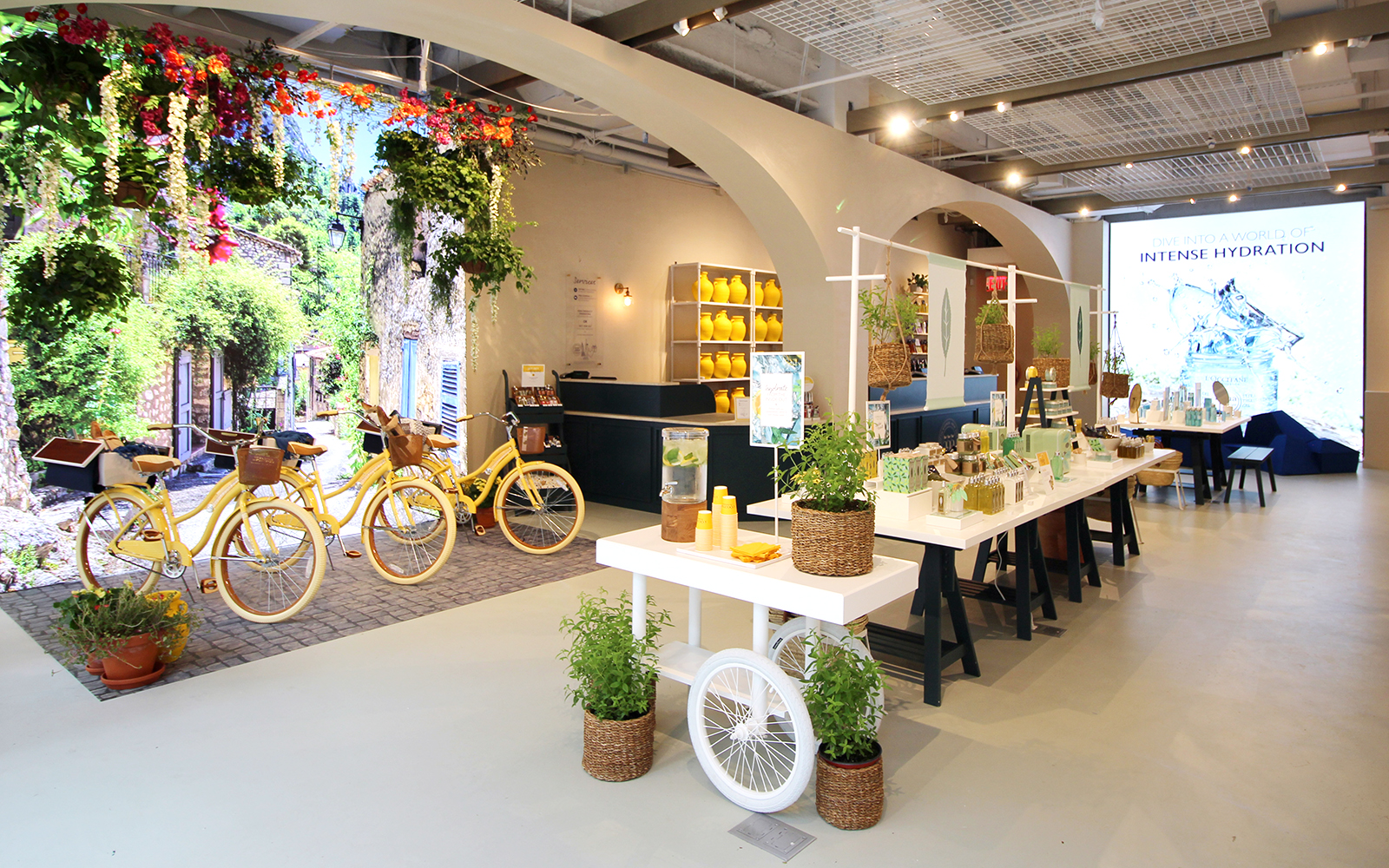
The 5th Avenue location won “Store of the Year” and “Experiential Innovation Award” from the Retail Design Institute, the Spectrum “Brand Activation” award, and was a finalist for “Best Customer Experience Initiative” in the World Retail Awards.
There have been challenges, of course. L’Occitane’s consumers, like so many others, moved online during the pandemic, and the 5th Avenue store didn’t survive the drop in foot traffic. L’Occitane has had to strategically right-size its portfolio as part of a Chapter 11 bankruptcy process deemed necessary to best position the business for the future.
“Every day, I was on the phone with our landlord partners negotiating our leases, trying to reach mutually acceptable terms that would prevent the process, but ultimately it was the best thing for L’Occitane USA to further accelerate our retail transformation initiative and realize our potential,” Blackburn says.
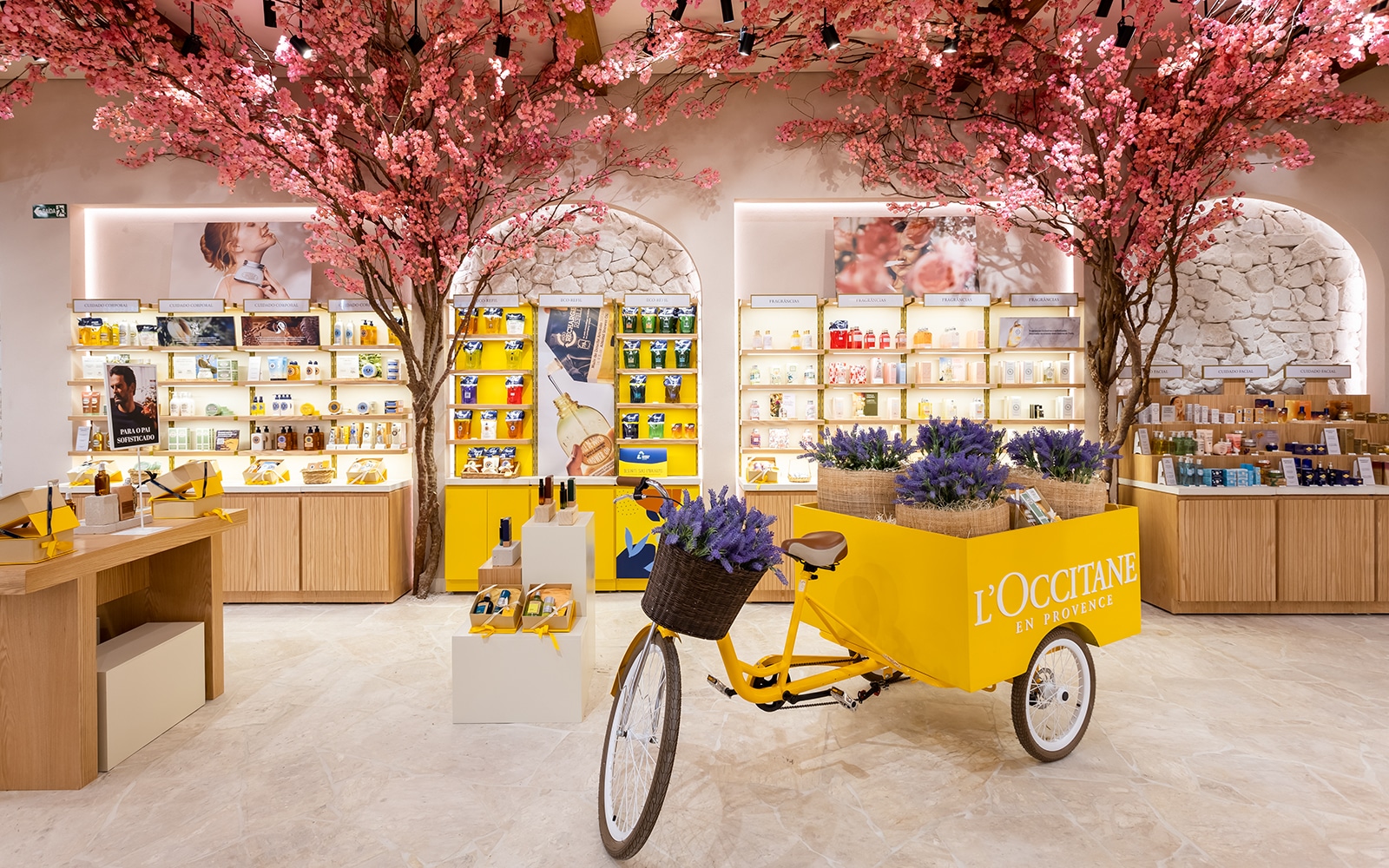
L’Occitane reduced its brick-and-mortar locations in the US by 25 percent over the course of the pandemic, and while it was a painful process, Blackburn says the brand is now strong and ready to forge ahead.
What is the next great challenge for Blackburn? “It is more important than ever that we convey the experience of Provence and leverage emotional and sensorial responses in a more sustainable way. L’Occitane is on a mission to turn consumption into regeneration through nature-positive actions and science-based targets. To support this, our store design concepts are evolving,” he says.
“For example, we launched a global prototype this summer of a store that is able to disappear without a trace. It’s not just lightweight and easy to assemble, but when it comes to demolition and final use, it’s not going to wind up in a landfill somewhere.”
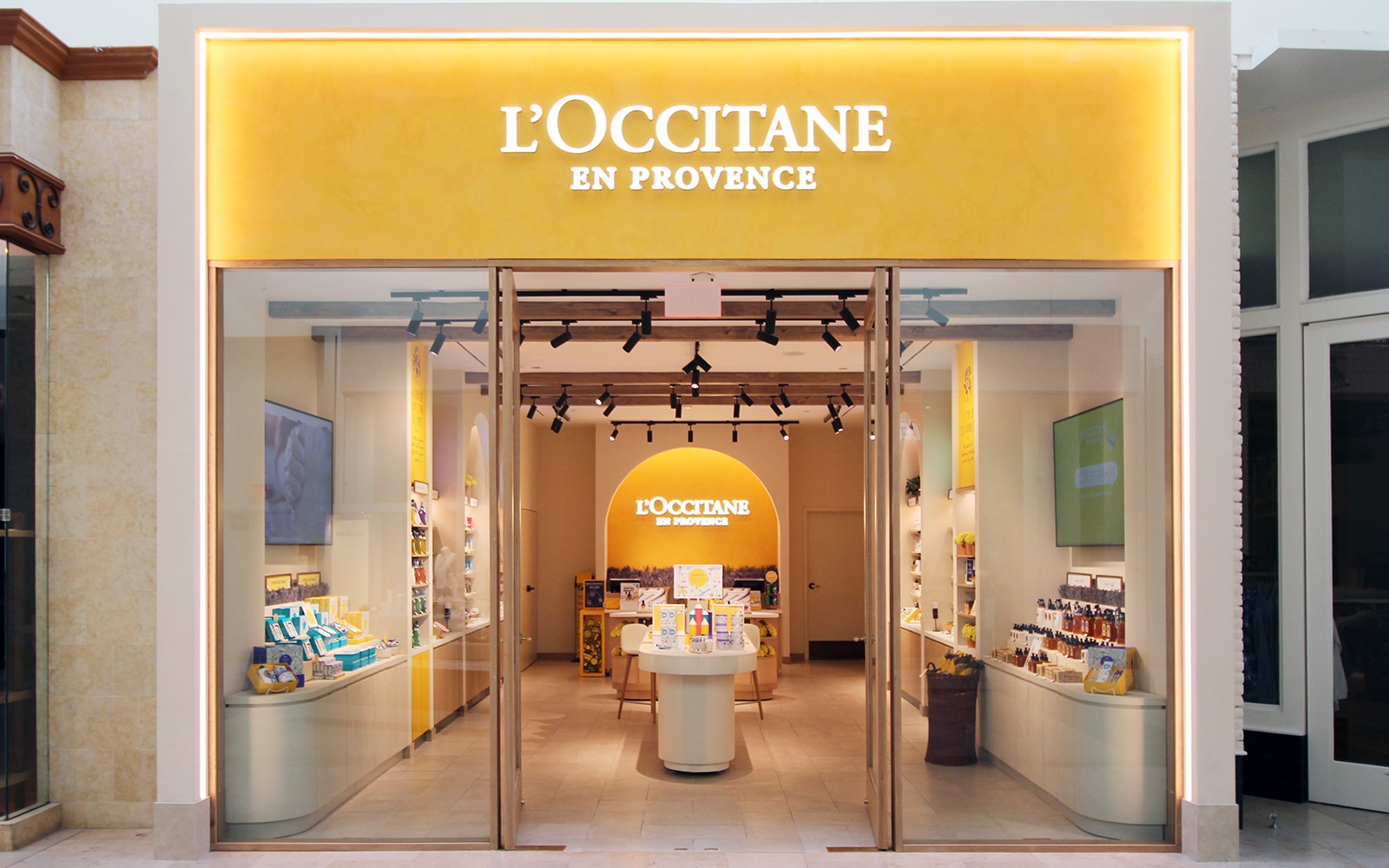
This thinking makes as much sense from a business perspective as it does for sustainability. It allows L’Occitane to test new markets with far less overhead and risk than a traditional store. The prototype project was located at City Center Bishop Ranch, a brand-new shopping, dining, and entertainment center located in San Ramon, California.
“L’Occitane is on a mission to turn consumption into regeneration through nature-positive actions and science-based targets. To support this, our store design concepts are evolving.”
Paul Blackburn
“I’m personally committed to reducing consumption and am not naive about how much work there is to be done or how difficult it will be,” Blackburn says. “If it was easy, someone would have done it already.”
Since 1995, DavroPM has been operating as a general contracting company in Canada and providing construction management services. They offer both a construction management system on a fee-for-service basis or a general contracting service for a stipulated sum. Services include procurement of architects, engineers, general contractors, permits, and approvals. DavroPM proudly joins American Builders Quarterly in recognizing the work of Paul Blackburn at L’Occitane and looks forward to continued work together.

